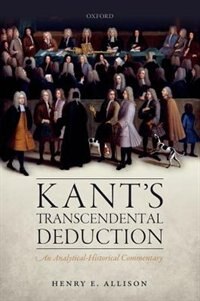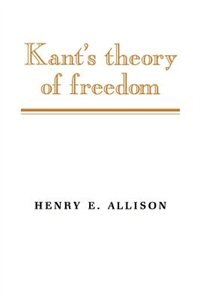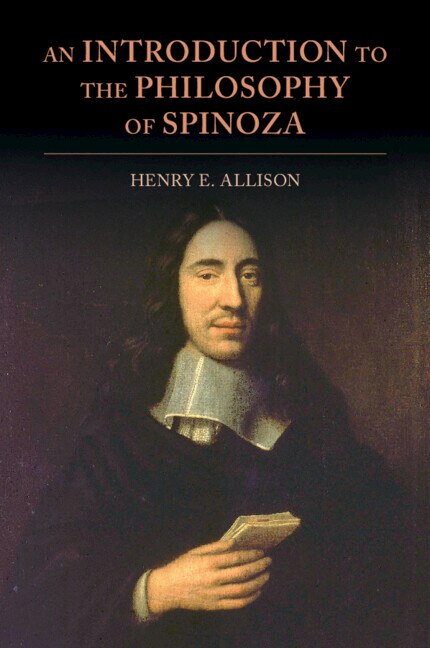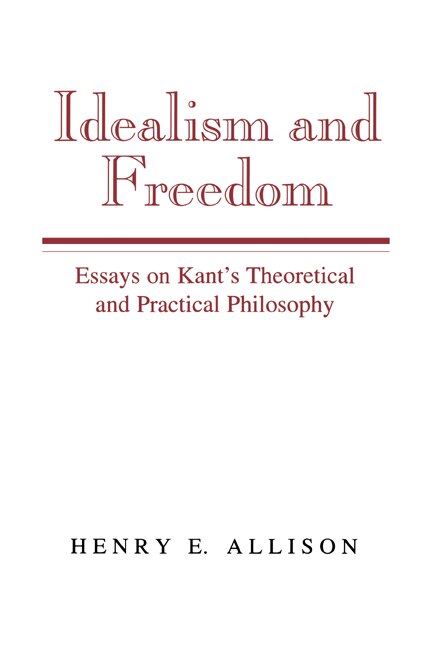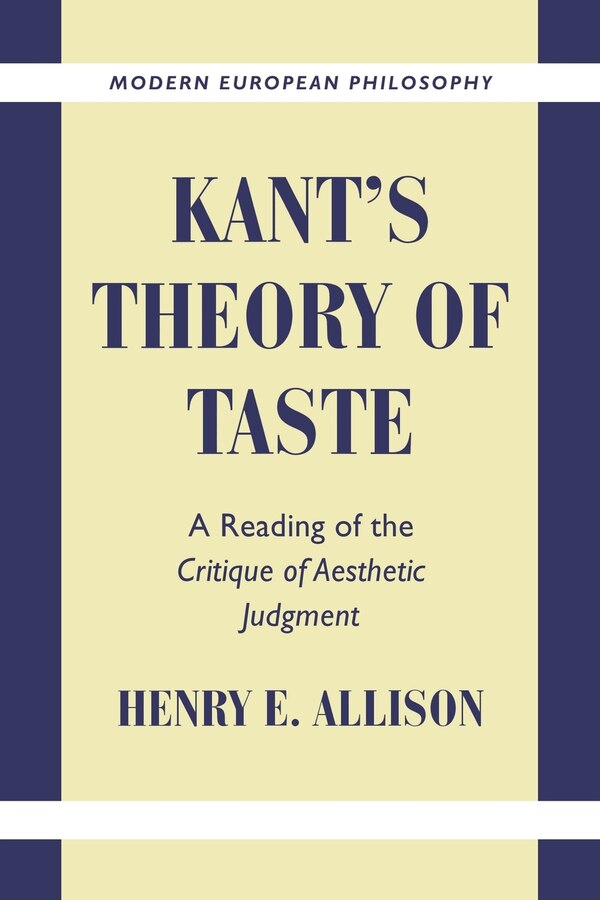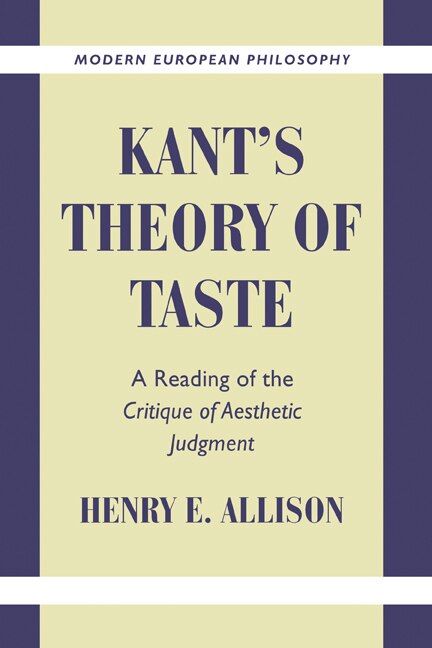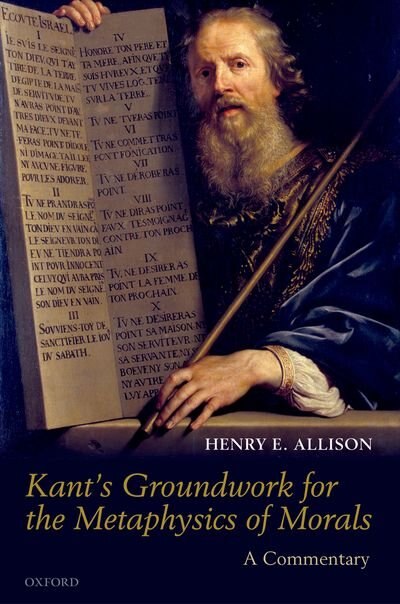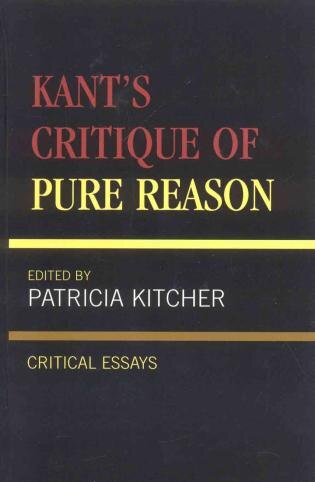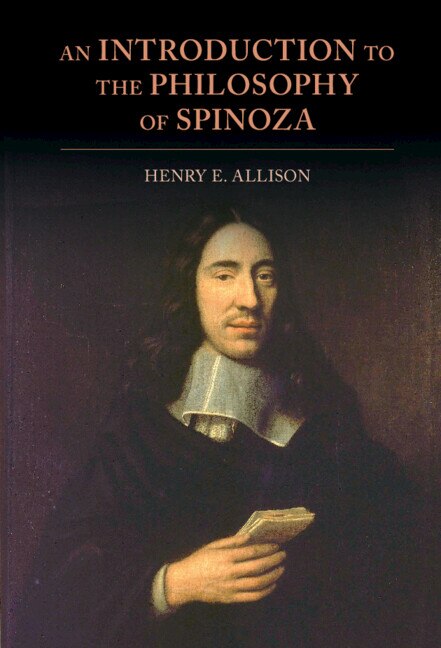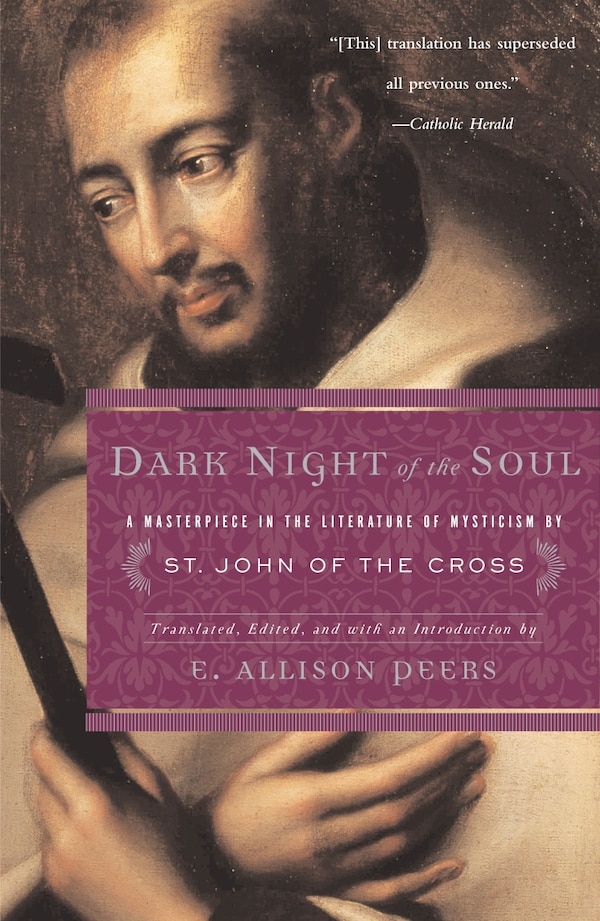
Choice Made Simple!
Too many options?Click below to purchase an online gift card that can be used at participating retailers in Village Green Shopping Centre and continue your shopping IN CENTRE!Purchase HereHome
Custom and Reason in Hume by Henry E. Allison, Paperback | Indigo Chapters
Coles
Loading Inventory...
Custom and Reason in Hume by Henry E. Allison, Paperback | Indigo Chapters in Vernon, BC
From Henry E. Allison
Current price: $76.88

Coles
Custom and Reason in Hume by Henry E. Allison, Paperback | Indigo Chapters in Vernon, BC
From Henry E. Allison
Current price: $76.88
Loading Inventory...
Size: 25.4 x 234 x 600
*Product information may vary - to confirm product availability, pricing, shipping and return information please contact Coles
Henry Allison examines the central tenets of Hume's epistemology and cognitive psychology, as contained in the Treatise of Human Nature. Allison takes a distinctive two-level approach. On the one hand, he considers Hume's thought in its own terms and historical context. So considered, Hume isviewed as a naturalist, whose project in the first three parts of the first book of the Treatise is to provide an account of the operation of the understanding in which reason is subordinated to custom and other non-rational propensities. Scepticism arises in the fourth part as a form ofmetascepticism, directed not against first-order beliefs, but against philosophical attempts to ground these beliefs in the space of reasons. On the other hand, Allison provides a critique of these tenets from a Kantian perspective. This involves a comparison of the two thinkers on a range ofissues, including space and time, causation, existence, induction, and the self. In each case, the issue is seen to turn on a contrast between their underlying models of cognition. Hume is committed to a version of the perceptual model, according to which the paradigm of knowledge is a seeing withthe mind's eye of the relation between mental contents. By contrast, Kant appeals to a discursive model in which the fundamental cognitive act is judgment, understood as the application of concepts to sensory data, Whereas regarded from the first point of view, Hume's account is deemed a majorphilosophical achievement, seen from the second it suffers from a failure to develop an adequate account of concepts and judgment. | Custom and Reason in Hume by Henry E. Allison, Paperback | Indigo Chapters
Henry Allison examines the central tenets of Hume's epistemology and cognitive psychology, as contained in the Treatise of Human Nature. Allison takes a distinctive two-level approach. On the one hand, he considers Hume's thought in its own terms and historical context. So considered, Hume isviewed as a naturalist, whose project in the first three parts of the first book of the Treatise is to provide an account of the operation of the understanding in which reason is subordinated to custom and other non-rational propensities. Scepticism arises in the fourth part as a form ofmetascepticism, directed not against first-order beliefs, but against philosophical attempts to ground these beliefs in the space of reasons. On the other hand, Allison provides a critique of these tenets from a Kantian perspective. This involves a comparison of the two thinkers on a range ofissues, including space and time, causation, existence, induction, and the self. In each case, the issue is seen to turn on a contrast between their underlying models of cognition. Hume is committed to a version of the perceptual model, according to which the paradigm of knowledge is a seeing withthe mind's eye of the relation between mental contents. By contrast, Kant appeals to a discursive model in which the fundamental cognitive act is judgment, understood as the application of concepts to sensory data, Whereas regarded from the first point of view, Hume's account is deemed a majorphilosophical achievement, seen from the second it suffers from a failure to develop an adequate account of concepts and judgment. | Custom and Reason in Hume by Henry E. Allison, Paperback | Indigo Chapters

